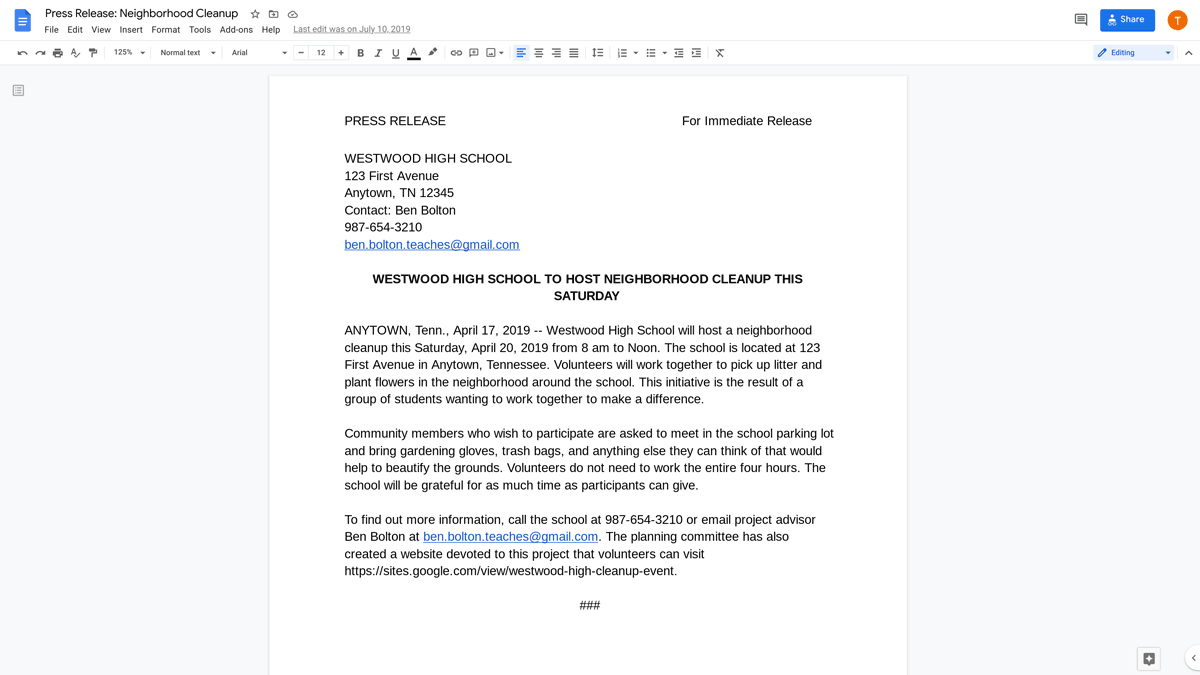Effective Ways to Understand How Long After Interview to Hear Back in 2025

Understanding Interview Follow-Up for 2025
When you finish a job interview, your mind is likely filled with questions about how long it will take to hear back from the employer regarding your application. Understanding the interview follow-up process is essential for managing your expectations and reducing anxiety during the waiting period. In 2025, as working models continue to evolve, the response times from employers may vary significantly, influenced by factors such as industry, company size, and candidate volume. In this article, we will explore effective ways to comprehend how long after an interview to expect feedback, along with practical tips to navigate the interview waiting game.
Benefits of grasping this timeline include knowing when to follow up, how to communicate effectively with potential employers, and enhancing your overall candidate experience. By understanding the keys to timely interviews and outcomes, you’ll be much better prepared for what lies ahead. Here’s a roadmap of what we’ll cover:
- Trends in Interview Response Times
- The Importance of Follow-Ups
- Effective Follow-Up Strategies
- What to Do While You Wait
- Handling Delays and Expectations
Trends in Interview Response Times
When analyzing the current job market, it is clear that interview response times have shifted drastically over recent years. While traditional timelines may have been fairly rigid, 2025 brings more fluidity, driven by the digital transformation of recruitment. According to recent studies, the average interview waiting period has extended. Many candidates find themselves waiting between one to three weeks post-interview for an official response, depending on the company and position.
Several factors influence these expected timelines. The size of the company often plays a significant role; larger organizations may have more complex processes leading to longer decision times, while smaller firms might respond more quickly. Most employers are mindful of the importance of timely feedback in maintaining positive applicant relationships, despite potential internal challenges.
The Role of Technology in Hiring
The rise of applicant tracking systems (ATS) has also impacted hiring response times. Many companies now utilize these systems to streamline hiring, which can either shorten or elongate the wait period. An ATS effectively manages and categorizes applications, often resulting in quicker responses to candidates. However, it may also lead to delays if there is a high volume of applicants to analyze.
Variability in Different Industries
Different industries showcase varied response expectations. For instance, tech companies often respond faster due to their dynamic nature and need for rapid hiring. Conversely, educational institutions may take longer because of multiple stakeholder approvals. Being aware of these industry-specific trends can help candidates set more realistic expectations regarding feedback timelines.
The Importance of Follow-Ups
Sending a follow-up after an interview is not just a courtesy; it's an essential aspect of the interview process. It reiterates your interest in the position and allows you to clarify any points you may not have fully addressed during the interview.
When candidates engage in post-interview communication, it can also positively affect their overall impression on the hiring manager. Utilizing an interview follow-up email or thank you after your interview forms a constructive pattern of communication that keeps the employer engaged and informed about your continued interest.
When and How to Send Follow-Up Emails
Following up is typically effective within 24 to 48 hours after the interview. Use this time to send a concise and thoughtful email expressing gratitude and reiterating your qualifications. For example, you may highlight a specific interview topic that demonstrates your fit for the company culture or role.
Common Mistakes to Avoid in Follow-Ups
While following up is beneficial, there are pitfalls to navigate. Ensure that your email does not come off as desperate; a casual approach can demonstrate your confidence. Avoiding overly aggressive language or inappropriate timing is crucial to maintaining professionalism.
Effective Follow-Up Strategies
Strategies employed during the interview follow-up process can greatly influence employer response times. Having an organized approach can help maintain clarity and demonstrate effective communication skills. Here are some strategies to enhance your follow-up communication:
Timing Your Follow-Up
Understanding when to reach out is critical. Depending on company indications discussed during the interview, waiting a week may be appropriate before your first follow-up attempt. Patience is vital—reaching out too soon can create pressure and misinterpretations.
Utilizing Multiple Communication Channels
Employers may appreciate various follow-up channels; while email remains standard, leveraging professional networking sites like LinkedIn can add a personal touch. A simple connection request accompanied by a note of appreciation for the interview can leave a lasting impression.
What to Do While You Wait
Waiting for feedback post-interview can often feel like a never-ending cycle. It’s important to keep your spirits high and remain productive during this time. Focusing on other opportunities and enhancing your skills can alleviate anxiety. Here are some suggestions:
Expand Your Network
Now is an excellent opportunity to reach out and connect with fellow professionals or mentors in your field. Networking could lead to new opportunities or insights that might enhance your application in future interviews.
Prepare for Possibilities
While you wait, anticipate various possible outcomes. Preparing for potential interviews or job offers elsewhere can maintain your confidence. Practicing interview questions or working on new skills related to your field can ensure that you remain competitive.
Handling Delays and Expectations
Delays in post-interview communication or employer decisions can create uncertainties. Therefore, understanding how to navigate these situations smoothly is essential for maintaining professionalism. It's common to experience varying timelines, which may be influenced by internal processes or unforeseen circumstances.
When to Reach Out for Status Updates
After not hearing back for a set time frame—usually one to two weeks—consider reaching out to check on the status of your application. This communication reflects your enthusiasm and ensures your name remains fresh in the employer’s mind.
Understanding Employer Mechanisms
Recognizing the employer's staffing mechanics, such as scheduling conflicts or additional candidate interviews, can help ease the stress of waiting. Understanding that you're not alone in this process can provide insight into why communication might be delayed.
Conclusion
Understanding how long it typically takes to hear back after interviews can relieve the anxiety that often accompanies the job application process. By utilizing effective follow-up strategies, managing your expectations, and understanding the dynamics of employer communication, candidates can navigate this critical time better.
In 2025, staying proactive in your follow-up communications can make a significant difference in your interview success rate. Simplifying this process can lead you to not only find out about your interview results but also enhance your overall experience as a candidate. With these tools and insights, you're better equipped to handle any waiting period and emerge successfully.

In a competitive job market, be sure to take control of your job search journey. Implement the effective strategies discussed in this article and approach your next interviews with confidence.
